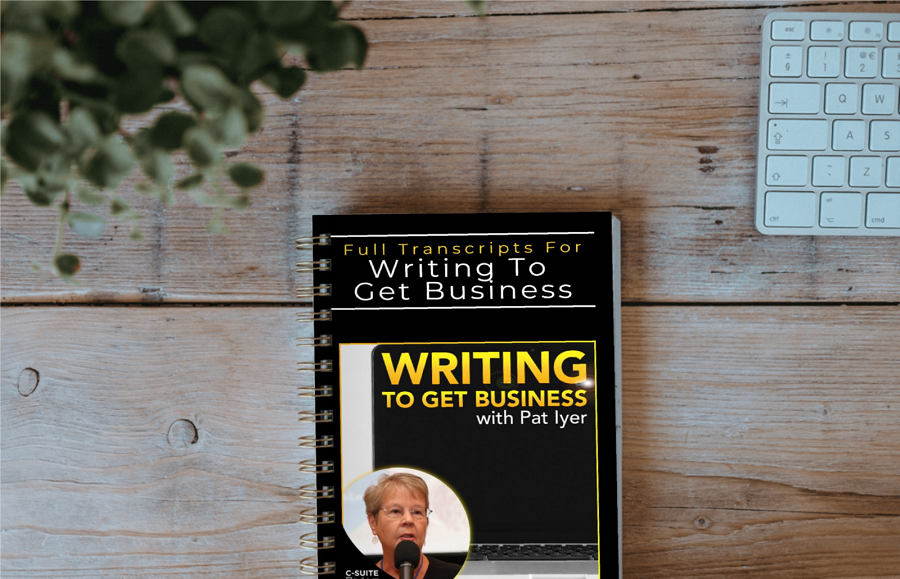
A list is an important element of nonfiction books. While in fiction, the combination of dialogue and narrative both vary the pace and break up the monotony of large blocks of type, this kind of interruption is much more important in non-fiction, where you don’t have the excitement and drama of a story to carry you through.
In addition, lists serve to highlight information in a way that the reader can scan it. You know how you feel when you unpack something that you have to assemble and also you want a list to guide you through the process. You don’t expect it to read like a narrative.
Writers can write lists in different styles, and I will describe these in this podcast. Everything I say about lists for books also applies to articles.
A special kind of list is called a “listicle.” You’ve read countless examples of these. “21 Ways to Save Your Marriage,” “Five Sure-Fire Ways to Lose Weight,” “12 Reasons to Sell Your Home” are all headlines/titles that announce a listicle.
When done right, a listicle can be entertaining and informative. Choose a popular and/or compelling topic coupled with a dramatic title, and your listicle will get attention. Do it wrong, and you will get no or negative attention.
The best listicles either serve as springboards for more detailed information or make the reader think. I’ll describe how to do this.

The best listicles either serve as springboards for more detailed information or make the reader think. I’ll describe how to do this.
Listicles can be used in both books and articles.
● Why should you use lists in your books and articles?
● How to format different styles of lists
● What is a listicle?
● Avoid writing a “lazy” listicle
● How to use a listicle as a starting point for more detailed information
Your Presenter

Hi, I’m Pat Iyer. I am a nurse, an author, a ghostwriter, an editor and book coach. Yes, I know that is a mouthful. I put this podcast together to focus on how your writing builds your authority, credibility and ability to get business. This show will feature topics on the process and style of writing, tips on writing and publishing and marketing books, copywriting, and blogging. In short, anything that helps you get business through your writing.
This weekly podcast will give you shortcuts, tips, strategies and support around your writing projects.
As of this episode, I have written or coauthored or coedited 48 books, with 2 more planned for 2020. My books created jobs, established my credibility in my field, gave me new opportunities, and built my name recognition. I love to talk about writing and I’m sold on the value of writing to bring you business and hope you are too.
